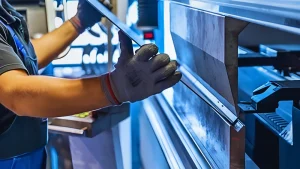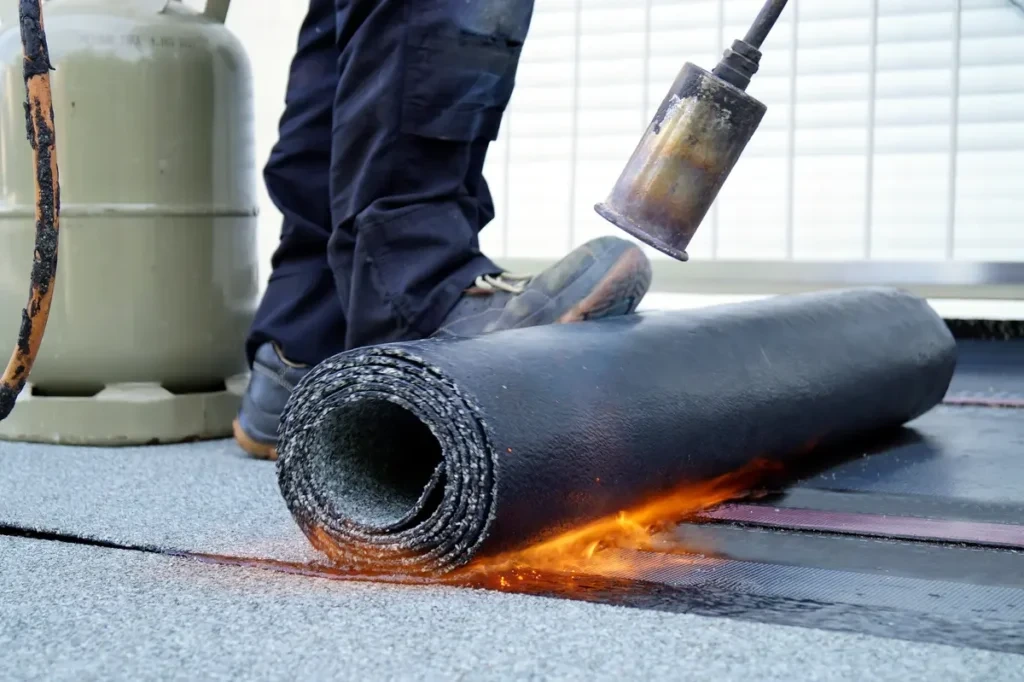In the ever-evolving metal fabrication industry, precision engineering in bending plays a pivotal role. By utilizing advanced technologies and meticulous attention to detail, manufacturers can surpass traditional constraints and achieve remarkable levels of accuracy and efficiency. The integration of precision engineering techniques into metal bending processes brings forth a myriad of advantages. This transformation promises a new era of efficiency and precision, poised to revolutionize the industry profoundly.
Key Takeaways
- Precision engineering techniques in metal bending enable the creation of complex geometries with unprecedented accuracy and reduced waste.
- Integration of precision engineering techniques empowers metal fabrication without compromise, achieving uncompromising quality, precision, and efficiency.
- Advanced technologies, such as CAD and CNC machining, facilitate precise metal bending, reducing production time and costs.
• Precision engineering techniques eliminate human error, increasing efficiency and reducing scrap rates in metalwork. - By leveraging precision engineering, metal bending processes can achieve improved accuracy, reduced waste, and enhanced production efficiency.
Bending Beyond Conventional Limits
Frequently, metal curving processes have been constrained by traditional limitations, but the integration of precision engineering techniques has empowered the industry to transcend these boundaries. By incorporating precision engineering in curving, manufacturers can achieve unprecedented levels of accuracy and precision, pushing the boundaries of what is possible in metal fabrication.
Precision Engineering in Bending Advantages
The incorporation of precision engineering techniques in metal bending processes yields a multitude of advantages, ultimately transforming the fabrication scenery. By harnessing Precision Engineering in Bending, manufacturers can achieve improved accuracy, reduced material waste, and enhanced production efficiency. These benefits empower the creation of complex geometries, precise angles, and consistent quality, setting a new standard in metal fabrication.
Metal Fabrication Without Compromise
Through the synergistic integration of precise engineering techniques and advanced metal manufacturing methods, manufacturers can now achieve uncompromising quality, precision, and efficiency in their production processes. This fusion empowers the creation of complex metal components with exceptional accuracy and reliability. Key benefits include:
- Enhanced precision: Elimination of human error and inconsistencies.
- Increased efficiency: Streamlined production processes and reduced lead times.
- Improved quality: Consistent and reliable output with minimal defects.
- Cost savings: Reduced waste and minimized material usage.
The Role of Technology in Bending
In the pursuit of the best metal bending, advanced technologies have emerged as pivotal facilitators of precision, facilitating the creation of complex geometries and exacting tolerances with unprecedented accuracy. Precision Engineering has been revolutionized by computer-aided design (CAD) and computer numerical control (CNC) machining, enabling the production of detailed parts with high precision and minimal human error.
Unbending Efficiency in Metalwork
By utilizing advanced manufacturing technologies, metalworkers can significantly decrease production time and costs, thereby enhancing efficiency in metalwork. Precision Engineering in Bending techniques plays a vital role in achieving this efficiency. Some key benefits include:
- Reduced scrap rates: Minimizing material waste through precise bending techniques.
- Increased productivity: Automation and precision engineering reduce labor hours.
3. Improved product quality: Consistent, accurate bends guarantee high-quality metal products. - Cost savings: Reduced production time and waste lead to significant cost savings.

Frequently Asked Questions
What Is the Impact of Precision Engineering in Bending on Material Waste Reduction?
By implementing precision engineering in bending, material waste reduction is significantly improved, as precise calculations and simulations minimize scrap generation, ensuring ideal material utilization and reducing environmental impact.
Can Precision Engineering in Bending Be Used for Complex Metal Geometries?
Yes, precision engineering in bending can be successfully applied to complex metal geometries, utilizing advanced computational tools and simulation software to optimize bending processes and guarantee precise control over metal deformation.
How Does Precision Engineering Improve Metal Fabrication Accuracy?
Precision engineering improves metal fabrication accuracy by employing exacting techniques, ensuring precise control over metal deformation, and minimizing material stress, thereby producing high-precision components with ideal geometrical integrity.
What Role Does Computer-Aided Design Play in Precision Engineering in Bending?
Computer-assisted design (CAD) plays a pivotal role in precision engineering in bending, enabling accurate simulations, precise calculations, and optimized designs for complex geometries, thus ensuring precise metal fabrication and minimizing errors.
Can Precision Engineering Be Used for Large-Scale Metal Fabrication Projects?
Yes, meticulous engineering in bending can be effectively utilized for large-scale metal fabrication projects, enabling the production of intricate geometries and precise angular deviations with unparalleled accuracy and repeatability.
Conclusion
To sum up, the integration of precision engineering techniques in metal bending yields unparalleled accuracy, reduced waste, and improved production efficiency. By eliminating human error and utilizing advanced technologies, manufacturers can create complex geometries with exceptional precision, thereby boosting overall productivity and reducing scrap rates. The adoption of precision engineering in bending is crucial for achieving uncompromising quality and efficiency in metal fabrication.
You May Also Like:




